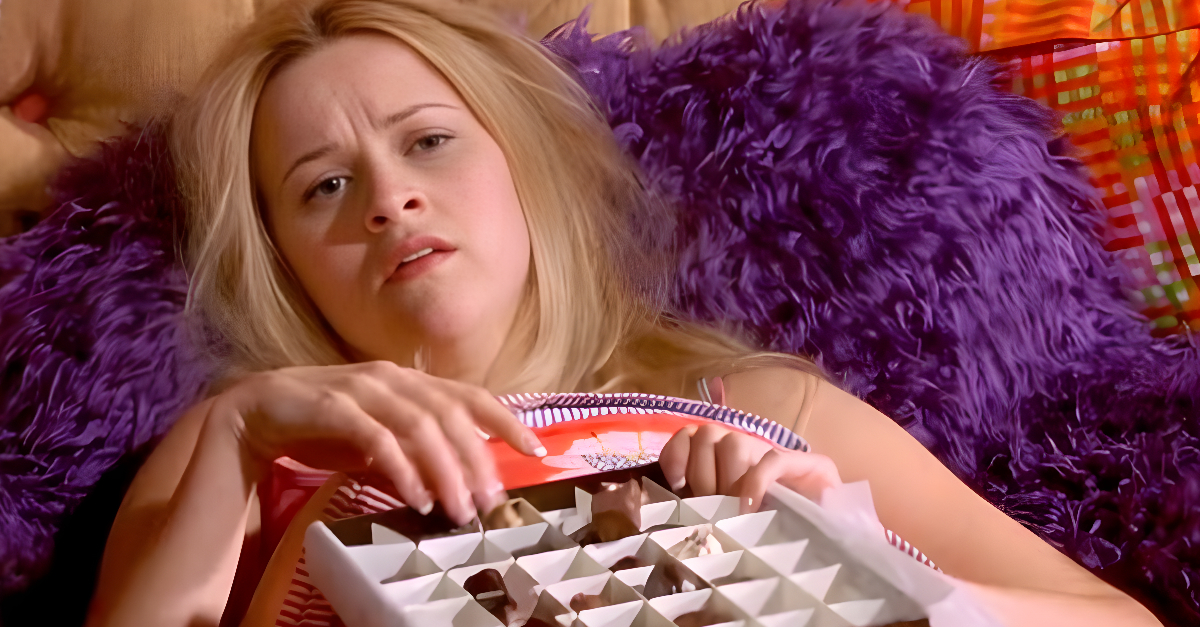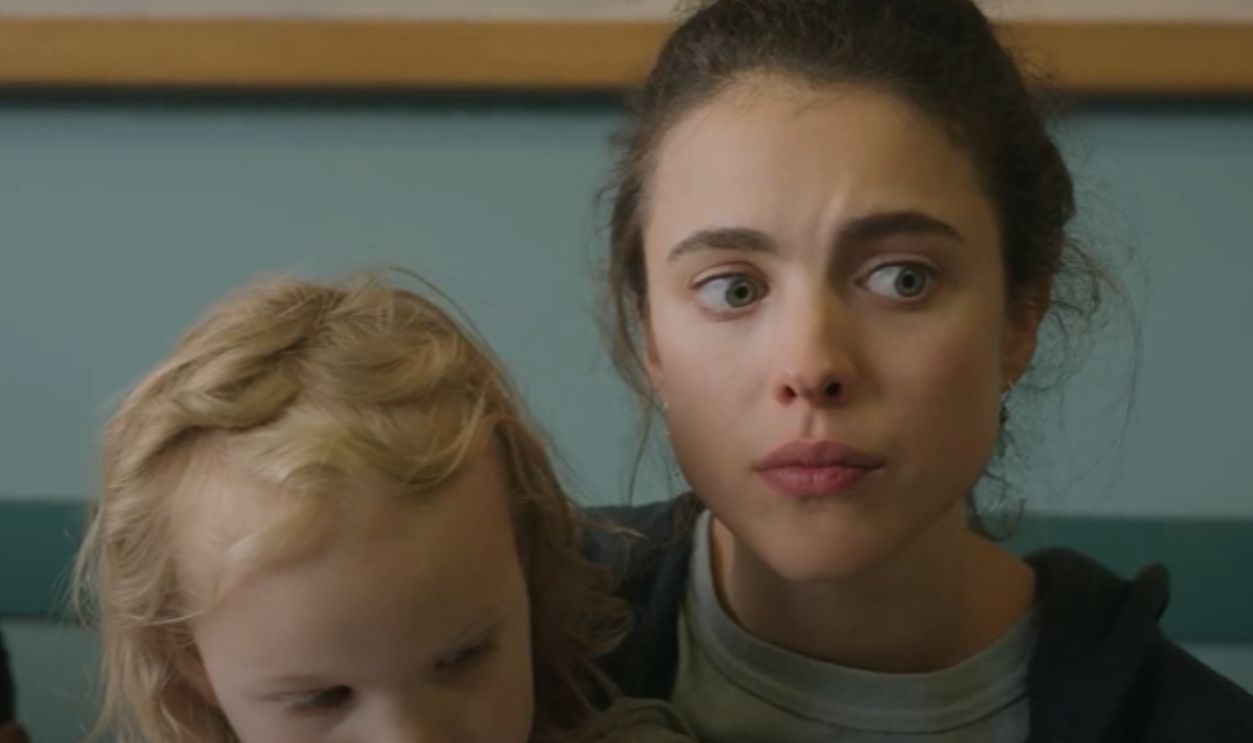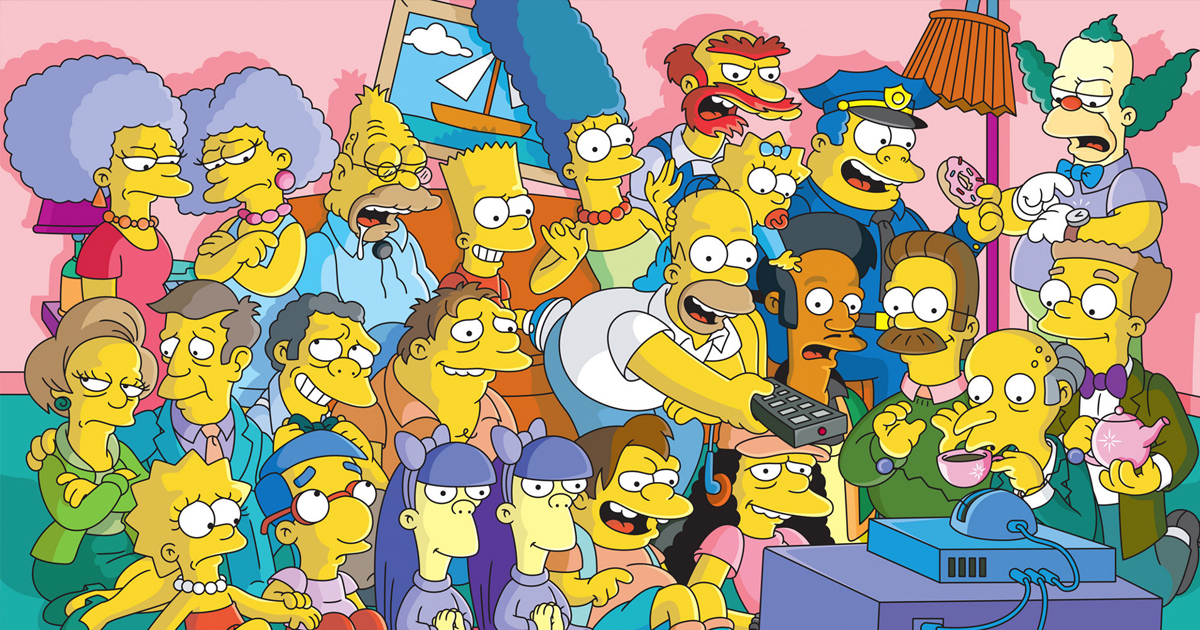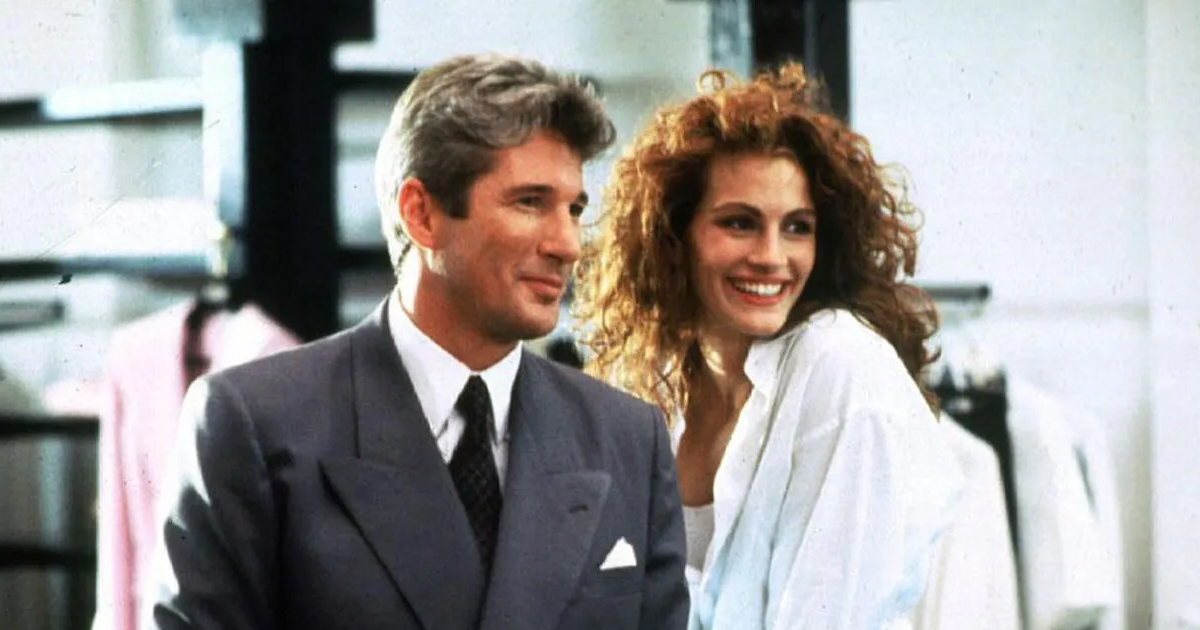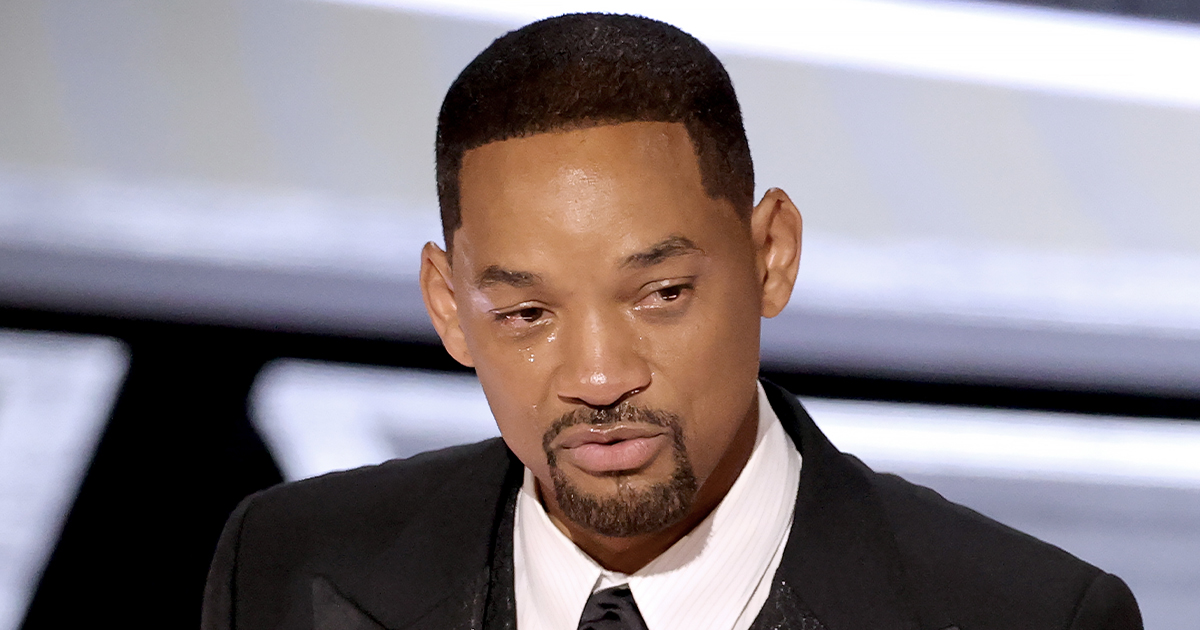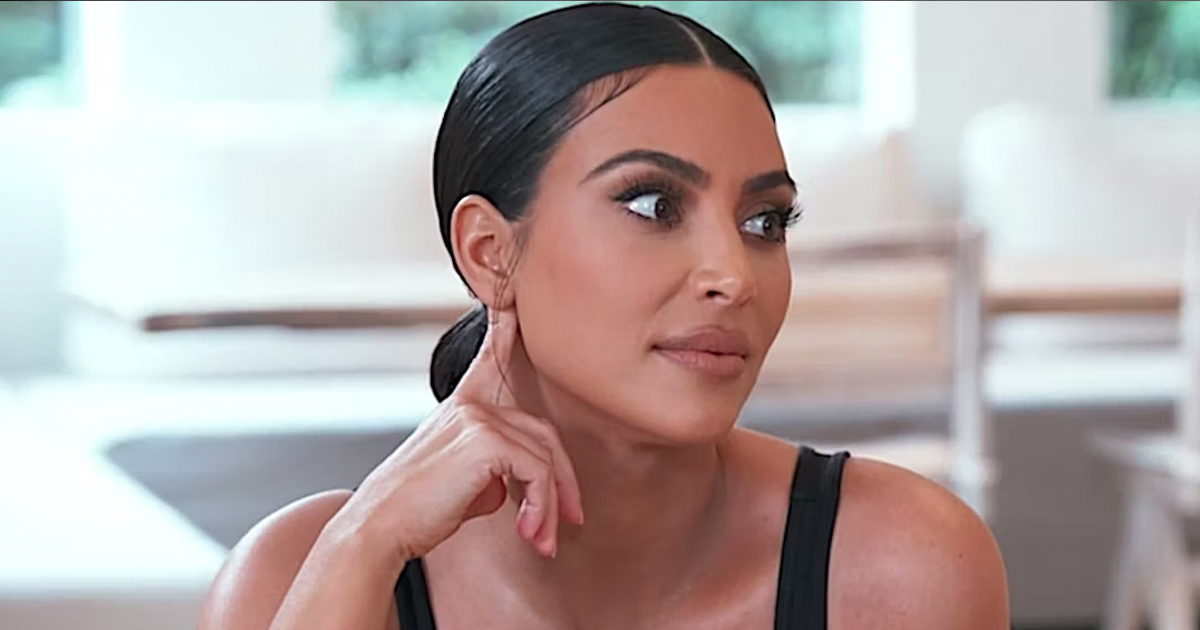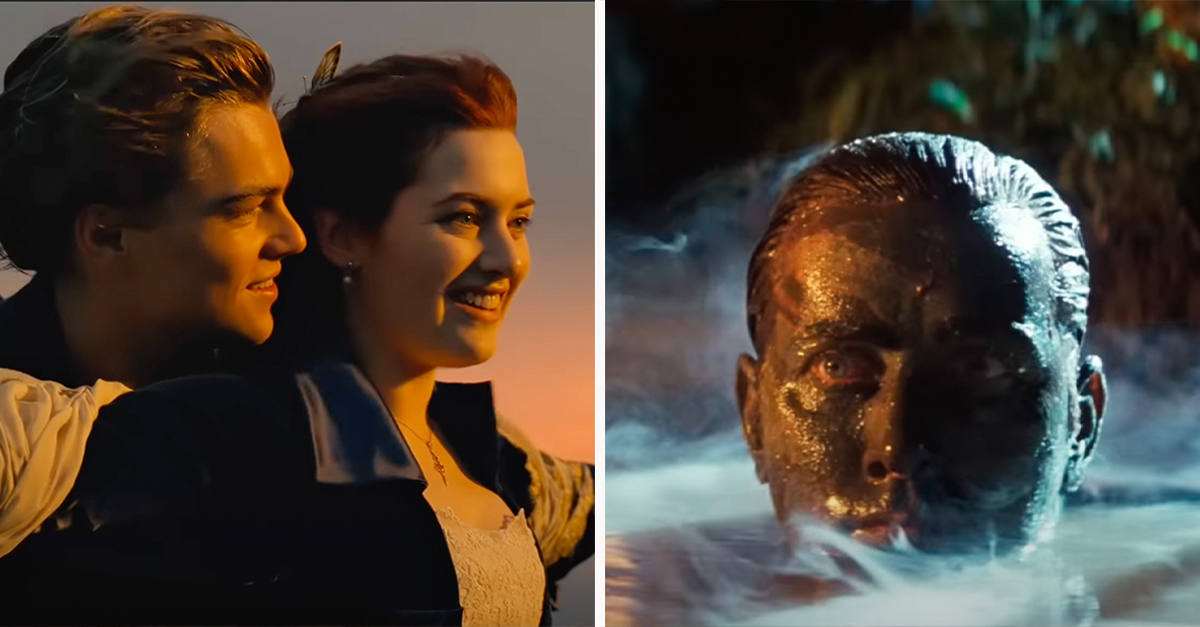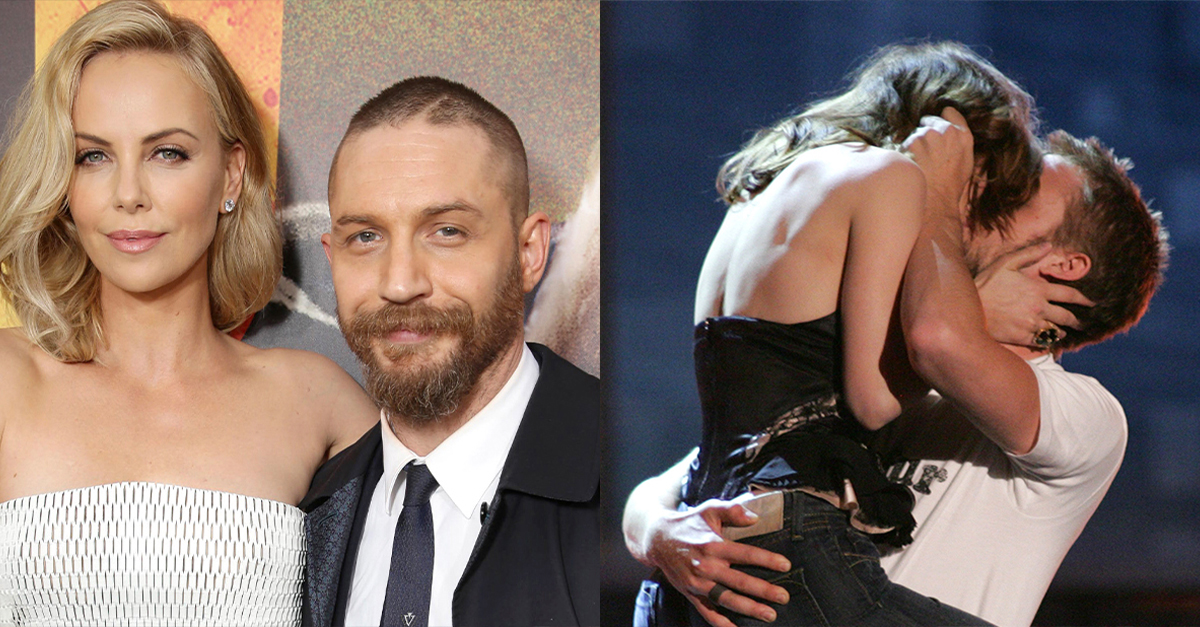The Queue Knows
Once upon a time, you could tell how someone’s love life was going by their texts. Now? Just scroll through their Netflix queue. Dating experts say emotional burnout and quiet detachment often sneak out through our “comfort watches.” If these titles are piling up in her queue, she might not be looking for love—just a reliable algorithm.
"Eat Pray Love"
It’s the holy scripture of the “I’m done” era. When Eat Pray Love reappears in her queue, it’s not just for Julia Roberts’ smile—it’s the emotional reset button. Experts call this “symbolic withdrawal,” where a person looks for stories of reinvention instead of romance. She’s not hoping for love anymore—she’s budgeting for a solo trip to Bali.
 Columbia Pictures, Eat Pray Love (2010)
Columbia Pictures, Eat Pray Love (2010)
"The Tinder Swindler"
According to dating coaches, cynicism is the final stage of heartbreak. When she’s deep into The Tinder Swindler, she’s not just watching true crime—she’s conducting a postgrad seminar in “never again.” It’s not paranoia; it’s research. Love stories have become cautionary tales, and Simon Leviev is her syllabus.
 Netflix, The Tinder Swindler (2022)
Netflix, The Tinder Swindler (2022)
"Love Is Blind"
Once, she watched Love Is Blind to root for the couples. Now? It’s just background noise for folding laundry and texting her therapist. Experts say “emotional detachment through observation” is real—people watch chaotic relationships to remind themselves why they’re better off single. If she’s rolling her eyes at every proposal, she’s already emotionally unsubscribed.
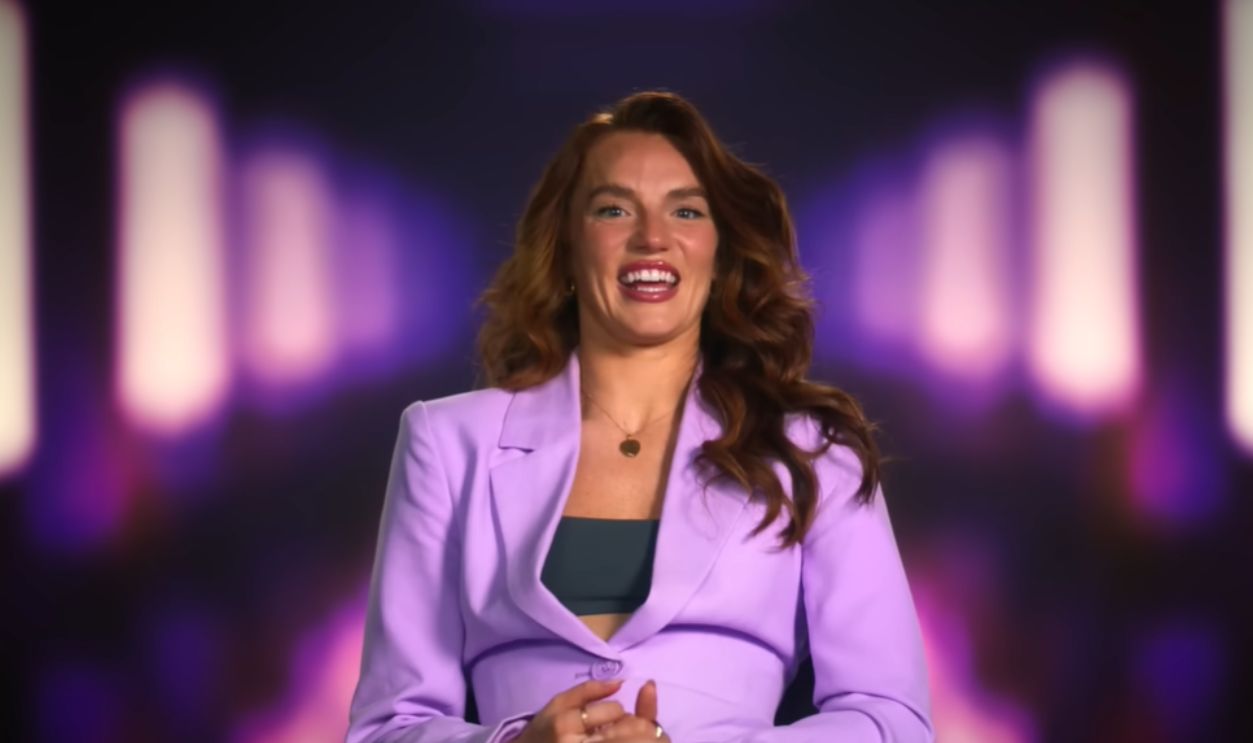 Netflix, Love Is Blind (2020–present)
Netflix, Love Is Blind (2020–present)
"You"
If Joe Goldberg is her latest obsession, that’s not about romance—it’s about reclaiming control. Relationship experts say women who’ve been “emotionally overextended” often gravitate toward psychological thrillers because they mimic real patterns of manipulation, but from a safe distance. She’s not scared—she’s fascinated. And maybe a little too comfortable analyzing red flags like a pro.
"Bridgerton" (Rewatch #3)
Sure, she loves the corsets and scandal—but experts call endless rewatches of Bridgerton a form of “romantic displacement.” She’s not hoping for love in real life; she’s outsourcing it to 1813 London. The Duke of Hastings is easier to deal with than dating apps, and the only ghosting here comes from candlelight.
 Netflix, Bridgerton (2020–Present )
Netflix, Bridgerton (2020–Present )
"The Crown"
When a woman’s gone emotionally cold, even her viewing habits get regal. The Crown isn’t just high drama—it’s emotional armor. Experts say it signals “controlled detachment”—connecting with elegance and structure when real emotions feel messy. Love may be dead, but duty (and high production values) live forever.
 Netflix, The Crown (2016–Present)
Netflix, The Crown (2016–Present)
"Gilmore Girls"
Ah, the soft landing of the emotionally exhausted. When Gilmore Girls climbs back into her queue, it’s not nostalgia—it’s emotional rehab. Psychologists call it “returning to safe narratives.” She doesn’t want new characters or new heartbreaks. Just fast-talking comfort and coffee with no consequences.
 Warner Bros. Television, Gilmore Girls (2000)
Warner Bros. Television, Gilmore Girls (2000)
"The Woman in the House Across the Street from the Girl in the Window"
Yes, it’s absurd—and that’s the point. When a woman’s burned out, she craves low-stakes chaos she doesn’t have to fix. This Kristen Bell parody perfectly mirrors her mood: over it, wine in hand, emotionally unavailable but still showing up. It’s escapism with sarcasm—and right now, sarcasm’s her love language.
 Netflix, The Woman in the House Across the Street from the Girl in the Window (2022)
Netflix, The Woman in the House Across the Street from the Girl in the Window (2022)
"Dead to Me"
If Dead to Me is next up, she’s firmly in her “solidarity era.” Experts say this kind of dark comedy about grief and betrayal resonates with people “processing disillusionment through humor.” Translation: she’s not crying about love anymore—she’s laughing at it. And maybe ordering another glass of cabernet.
 Netflix, Dead to Me (2019–2022)
Netflix, Dead to Me (2019–2022)
"The Great British Baking Show"
If she’s swapped dating for watching sponge cakes rise, she’s not seeking passion—just peace. Relationship psychologists say after emotional fatigue, people turn toward “soothing predictability.” In the tent, no one ghosts you, everyone’s kind, and the only heartbreak is when someone’s soufflé collapses. Honestly? That’s healing.
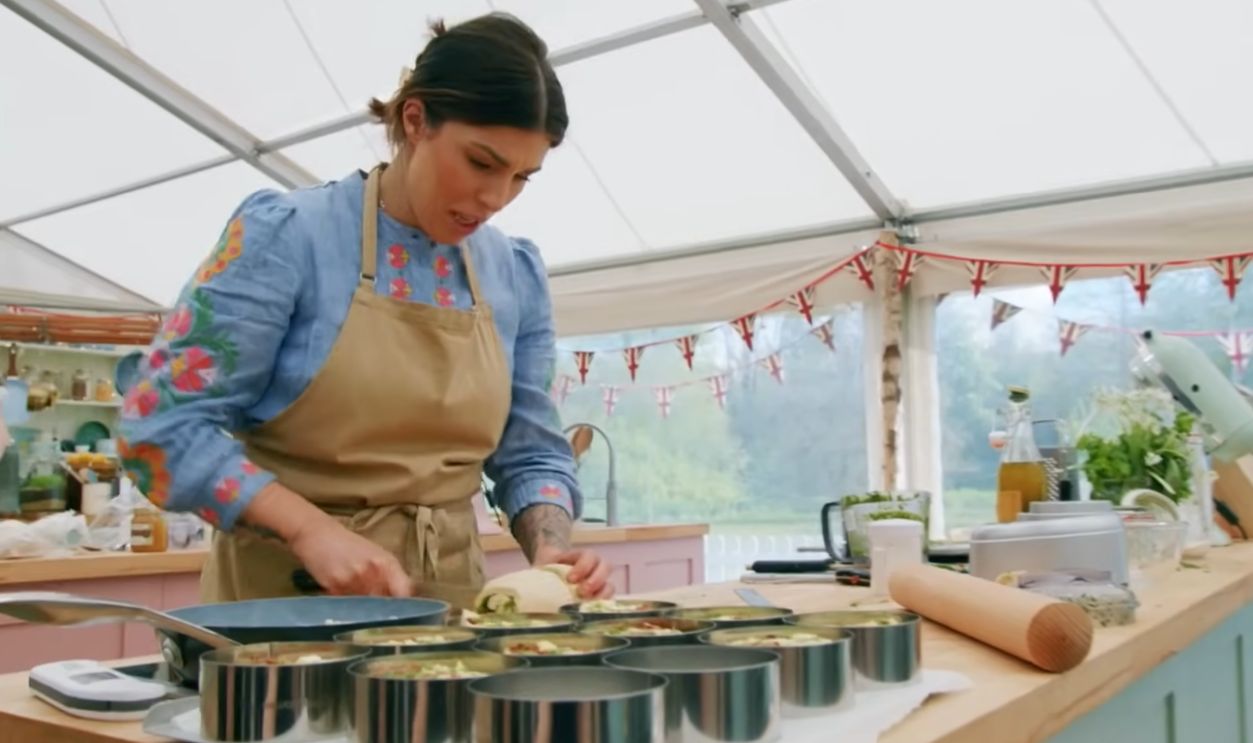 Netflix, The Great British Baking Show (2010–present)
Netflix, The Great British Baking Show (2010–present)
"Tiny House Nation"
When experts talk about “radical independence,” this is it. She’s not just fascinated by minimalist living—she’s fantasizing about it. A home with no room for anyone else, literally. It’s symbolic self-preservation disguised as interior design. She doesn’t need a man; she needs better storage.
 Netflix, Tiny House Nation (2014–2019)
Netflix, Tiny House Nation (2014–2019)
"The Holiday"
She knows every line. She’s watched it every December since 2010. Experts call this “romantic nostalgia with controlled hope.” She’s not bitter; she just believes in love happening—to other people. Watching Cameron Diaz cry into a cashmere sweater is cheaper than therapy and cozier than closure.
 Columbia Pictures / Universal Pictures, The Holiday (2006)
Columbia Pictures / Universal Pictures, The Holiday (2006)
"Beef"
Emotional exhaustion can manifest as vicarious rage. When she’s fixated on Beef, experts would say she’s externalizing frustration safely—watching chaos instead of causing it. It’s cathartic, petty, and relatable. She’s not mad at her ex, per se… she’s just vibing with Ali Wong’s version of it.
"Grace and Frankie"
It’s the graduate program in “done with men.” When Jane Fonda and Lily Tomlin become your role models, experts call that “emotional reframing.” She’s realizing life after heartbreak can still be hilarious, wine-filled, and unapologetically her own. Love might be over—but so what? Friendship’s the sequel.
 Netflix, Grace and Frankie (2015–2022)
Netflix, Grace and Frankie (2015–2022)
"The Queen’s Gambit"
If she’s deep into chess montages, she’s not plotting moves in her love life—she’s mastering solitude. Dating coaches say the “hyper-focus phase” helps people rebuild identity after emotional burnout. Beth Harmon didn’t need Tinder; she had pawns and purpose. So does she.
 Netflix, The Queen’s Gambit (2020)
Netflix, The Queen’s Gambit (2020)
"Maid"
If Maid is in her queue, she’s past the rom-com stage—she’s in the “reclaiming dignity” era. Experts call this “narrative validation”—seeking stories that reflect survival, not fantasy. It’s gritty, emotional, and oddly empowering. The message? She doesn’t need saving. She’s her own plot twist.
"Crazy Ex-Girlfriend"
Once seen as quirky and fun, Crazy Ex-Girlfriend now plays like a personal documentary. Experts say humor helps process emotional chaos—and watching Rebecca spiral is cheaper than therapy. If she’s singing along to “I’m Okay (I’m Totally Okay),” she might be lying to herself, but at least she’s self-aware about it.
 The CW, Crazy Ex-Girlfriend (2015–2019)
The CW, Crazy Ex-Girlfriend (2015–2019)
"Firefly Lane"
Friendship, flashbacks, and enough tears to hydrate a small city. Experts say watching female-centered dramas like Firefly Lane satisfies the emotional connection gap left by romance burnout. She doesn’t want a boyfriend—she wants a best friend who brings wine and validates her decisions.
 Netflix, Firefly Lane (2021–present)
Netflix, Firefly Lane (2021–present)
"Don’t Look Up"
If her “date night” movie is a satire about the end of the world, she’s probably done pretending everything’s fine. Experts call this “cynical escapism.” When romance feels pointless, global doom feels relatable. At least in this movie, everyone’s ignoring the warning signs together.
"The Perfect Find"
Romantic optimism still flickers—but cautiously. The Perfect Find is the “what-if” watch: hope dressed as skepticism. Experts say revisiting late-in-life romance narratives can mean she’s not done with love, just done with nonsense. If she’s smiling through it, there’s hope yet (but don’t push your luck).
 Netflix, The Perfect Find (2023)
Netflix, The Perfect Find (2023)
"Russian Doll"
If she’s watching Natasha Lyonne die and relive her 36th birthday over and over, that’s symbolic. Experts call it “repetition reflection.” She’s seeing her own dating history play out in metaphors. Every bad date, every second chance—it’s all a loop. And she’s officially done trying to escape it.
 Netflix, Russian Doll (2019-2022)
Netflix, Russian Doll (2019-2022)
"Wednesday"
No romance. No drama. Just deadpan humor and emotional boundaries so high even ghosts can’t get through. Experts might call this “controlled isolation.” Translation: she’s fine—as long as no one tries to talk about feelings. Add a cello solo, and that’s her entire dating approach now.
 Netflix, Wednesday (2022–Present)
Netflix, Wednesday (2022–Present)
"Heartstopper" (for irony)
When she queues up Heartstopper, she’s not watching for sweetness—she’s mocking it. Experts say humor and irony often mask emotional detachment. She’s rolling her eyes but secretly hoping for something that pure. Just don’t ask her to admit it; she’ll claim it’s “just cute background noise.”
 Netflix, Heartstopper (2022–present)
Netflix, Heartstopper (2022–present)
"Emily in Paris"
A red flag and a cry for help all in one pastel package. Experts call this the “fantasy relocation phase.” It’s not about Paris—it’s about escaping reality. She doesn’t want a partner—she wants an aesthetic. Love may be gone, but baguettes remain eternal.
 Netflix, Emily in Paris (2020–Present)
Netflix, Emily in Paris (2020–Present)
"Uncoupled"
If Uncoupled is on deck, she’s leaning into post-breakup recovery content. Experts call it “relatability reinforcement.” Watching other people start over gives her comfort that she’s not alone—and Neil Patrick Harris’ midlife crisis? Chef’s kiss of validation. She’s not jaded, just… on sabbatical.
 Netflix, Uncoupled (2022–present)
Netflix, Uncoupled (2022–present)
"BoJack Horseman"
Yes, it’s animated. Yes, it’s depressing. But experts say people in “emotional depletion phases” gravitate toward dark humor that mirrors their exhaustion. If she’s quoting BoJack’s existential monologues, she’s not lost—she’s processing. With sarcasm. Lots of sarcasm.
 Netflix, BoJack Horseman (2014–2020)
Netflix, BoJack Horseman (2014–2020)
"Love, Death & Robots"
Short, sharp, and emotionally distant. Experts might label this “micro-dose escapism.” She’s not ready for full emotional commitment—just 12-minute stories with robots who never text back. Perfect.
 Netflix, Love, Death & Robots (2019–present)
Netflix, Love, Death & Robots (2019–present)
"Queer Eye"
If she’s crying through every transformation montage, she hasn’t given up—she’s just redirected her love toward Jonathan Van Ness and emotional home makeovers. Experts call this “compensatory empathy.” Translation: she’s done fixing relationships; now she’s watching strangers get fixed instead.
 Netflix, Queer Eye (2018–present)
Netflix, Queer Eye (2018–present)
"Never Have I Ever"
Ironically, if she’s watching a teen romantic comedy, she’s probably not reminiscing—she’s healing. Experts say returning to youthful, idealistic narratives helps rekindle optimism. She’s not giving up on love—she’s rebooting it with training wheels. Bonus: zero adult men to disappoint her.
 Netflix, Never Have I Ever (2020–present)
Netflix, Never Have I Ever (2020–present)
You Might Also Like:
Netflix's Longest-Running Shows
Netflix Mistakes Everyone Makes

